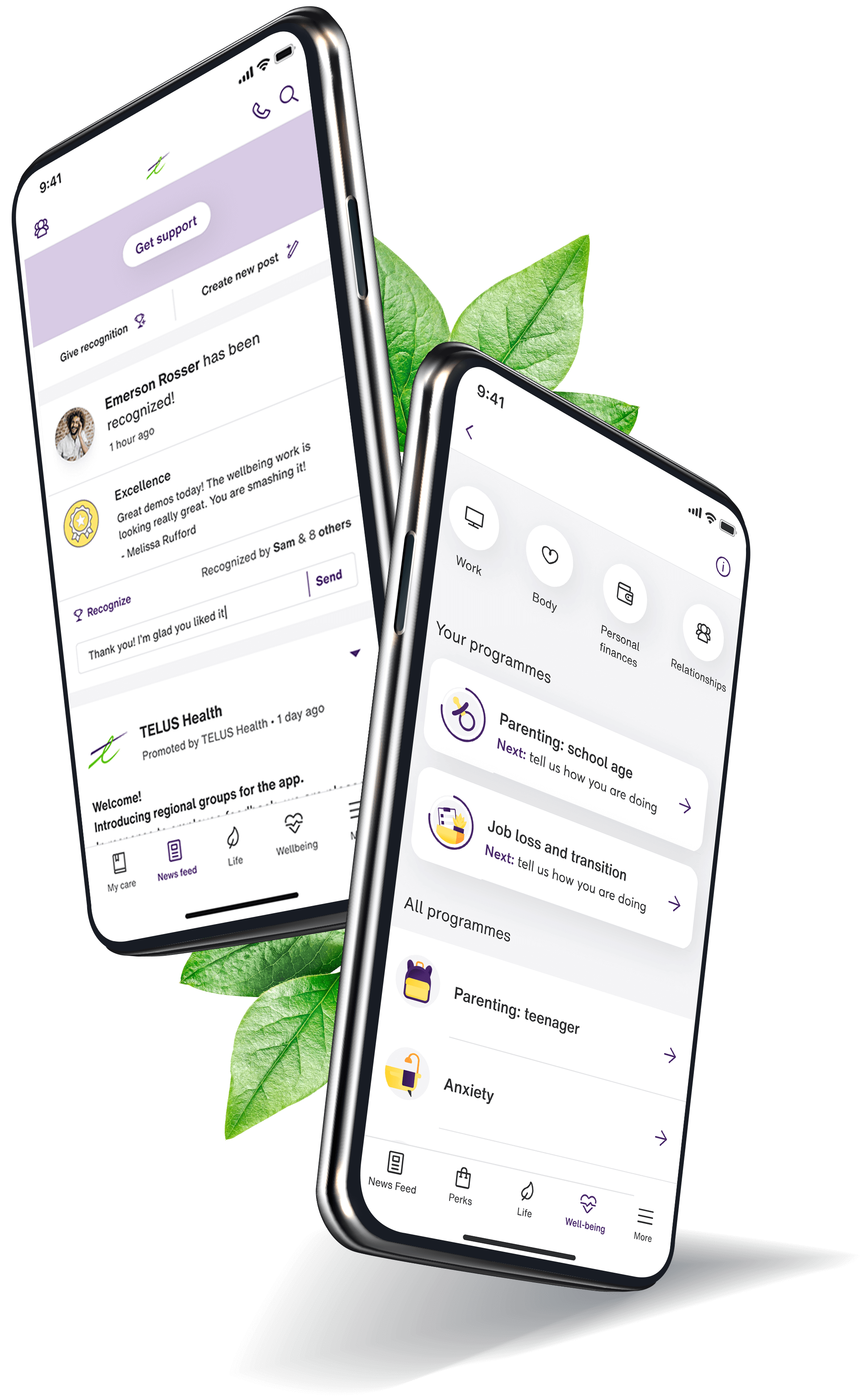Five secrets of successful students
Why do some students seem to excel even though they aren’t studying longer than others or taking easier courses? They may be studying smarter—not harder—research suggests. If you seem to be studying non-stop and still need to improve, take a few tips from successful students.
Find your sweet spot. Look for a comfortable place that’s free of distractions like loud music or conversations, whether it’s your room, the library, or a designated quiet zone on campus. Having a regular place to study is a key factor in any student’s success, many studies have found. Use noise-canceling headphones if quiet is hard to come by where you live.
Exercise your body, not just your brain. When you have brain fog from all the material you have to master, go for a brisk 20-minute walk or jog, or shoot some hoops. Moderate-to-vigorous exercise speeds up the flow of oxygen to your brain and helps you stay alert. One study found that 30 minutes of exercise a day boosted students’ test scores by 3 percent.
Get clear on your professors’ expectations. Nothing is more frustrating than giving it your best on a test or paper, only to find out that you wasted a lot of effort because you misunderstood what a professor wanted. Ask for clarification or further instruction if an assignment seems unclear or if you’re struggling with the material. Ask questions like: “What are the key criteria for a successful project? What resources can you recommend that might help with the project?”
Put aside your laptop sometimes. Here’s why: Studies suggest that students learn better when they take notes by hand than when they type on a keyboard. That’s partly because writing by hand engages more regions of the brain than tapping a keyboard does. It also encourages you to slow down and reflect on what you’ve heard, a vital part of retaining new information.
Work backward from your deadlines. Break the habit of jotting down only the due date for papers or other assignments. Start with the due date but then work backward setting interim deadlines for each part of a project. If you have a big paper due on a certain day, you might set one deadline for completing the research, another for writing a rough draft, and a third for doing the final version. Set alerts on your phone to remind you of these. This will help you avoid pulling all-nighters that leave you too bleary eyed to spot your mistakes. Build some extra time into your timetable to get help—from a professor, tutor, classmate, or librarian—in case you have questions or could benefit from feedback to improve your project or paper.
If you feel your wellbeing is adversely affected by the stresses of juggling coursework along with other responsibilities, don’t hesitate to reach out to your college or university student support service, a counselor, or your assistance program.


